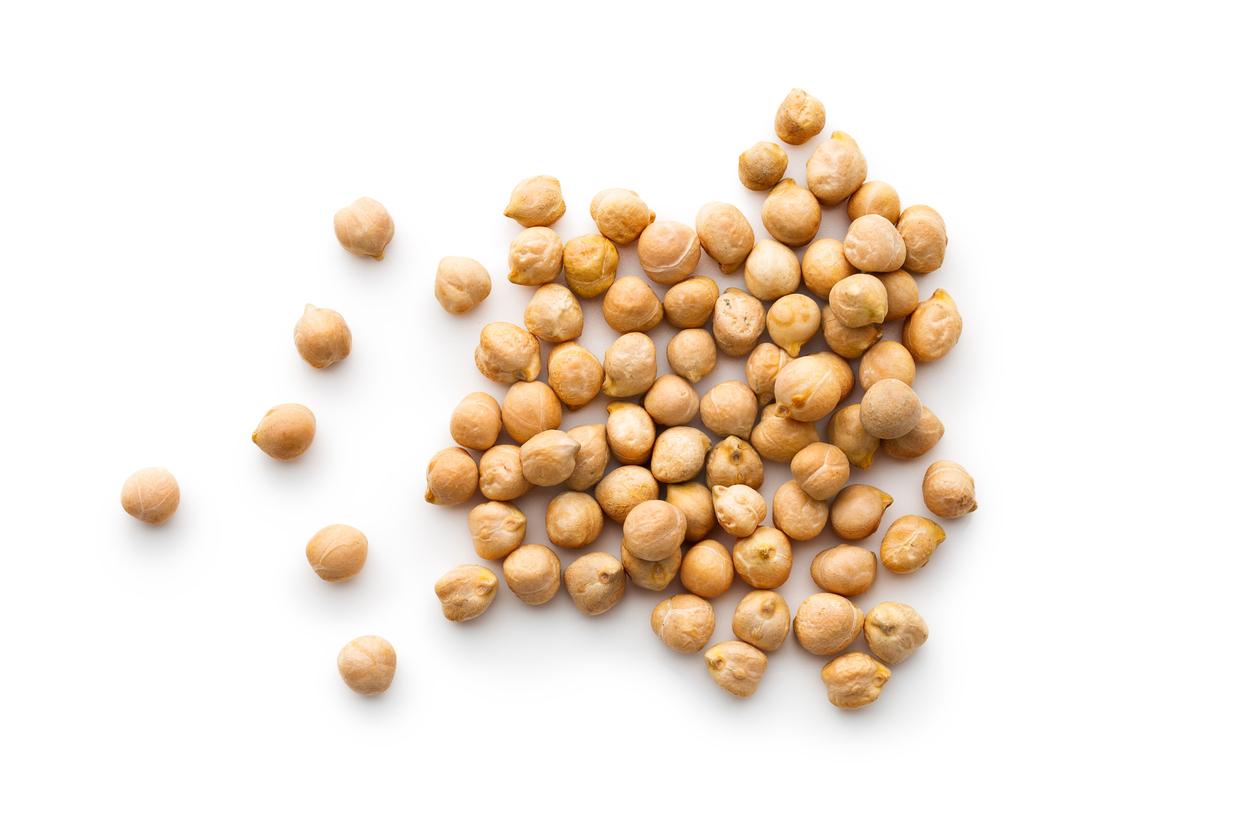Professor Tim Spector advises eating legumes regularly.

- The legume family includes beans, lentils, chickpeas, split peas, fava beans, and soybeans.
- Professor Tim Spector recommends eating them very regularly.
- “They are anti-inflammatory, anti-obesity, anti-carcinogenic, neuroprotective and also participate in our immune response,” says the scientist.
“They are relatively affordable, widely available and have a long shelf life when purchased canned or dried.”
In the Gloucestershire Live relayed by Top HealthTim Spector, professor of genetic epidemiology at King’s College London, makes a small apology for legumes.
What are the benefits of legumes?
“They are anti-inflammatory, anti-obesity, anti-carcinogenic, neuroprotective and also participate in our immune response,” says the scientist. “I’ve changed my meals and now eat a lot more beans and lentils. I often find myself adding them to dishes I’ve already prepared. Legumes are great for the planet and can easily enhance your menus,” he emphasizes.
The legume family includes beans, lentils, chickpeas, split peas, fava beans, and soybeans.
“They are good for health in particular because they contain fiber, iron, proteins, vitamins and other minerals, all essential for the proper functioning of the body,” indicated last year in our columns Benjamin Allès, researcher in epidemiology of nutrition at INRAE. “They also provide very little fat, so are not very caloric. They also allow you to vary your sources of dietary protein, a step of the utmost importance if you want to stay healthy. Finally, legumes are sometimes recommended on medical advice to babies with allergies as a substitute for cow’s milk,” he added at the time.
What are the disadvantages of legumes?
“Be careful though, eating legumes can aggravate the symptoms of irritable bowel syndrome and can cause digestive discomfort in some people, with bloating, stomach pain and flatulence. In this case, it is better not to force or to reduce the quantities ingested,” he warned.

Ideally, nutrition experts recommend eating legumes twice a week. But in France, their consumption has been divided by 4 in 20 years.
“Plant proteins suffer from an image deficit. Dried vegetables are still considered difficult to prepare and not very festive…”, analyses Sophie Nicklaus, research director at INRAE. “If we want to bring legumes back onto the plates of the French, we must also provide industrial solutions to facilitate their preparation,” she concludes.

















